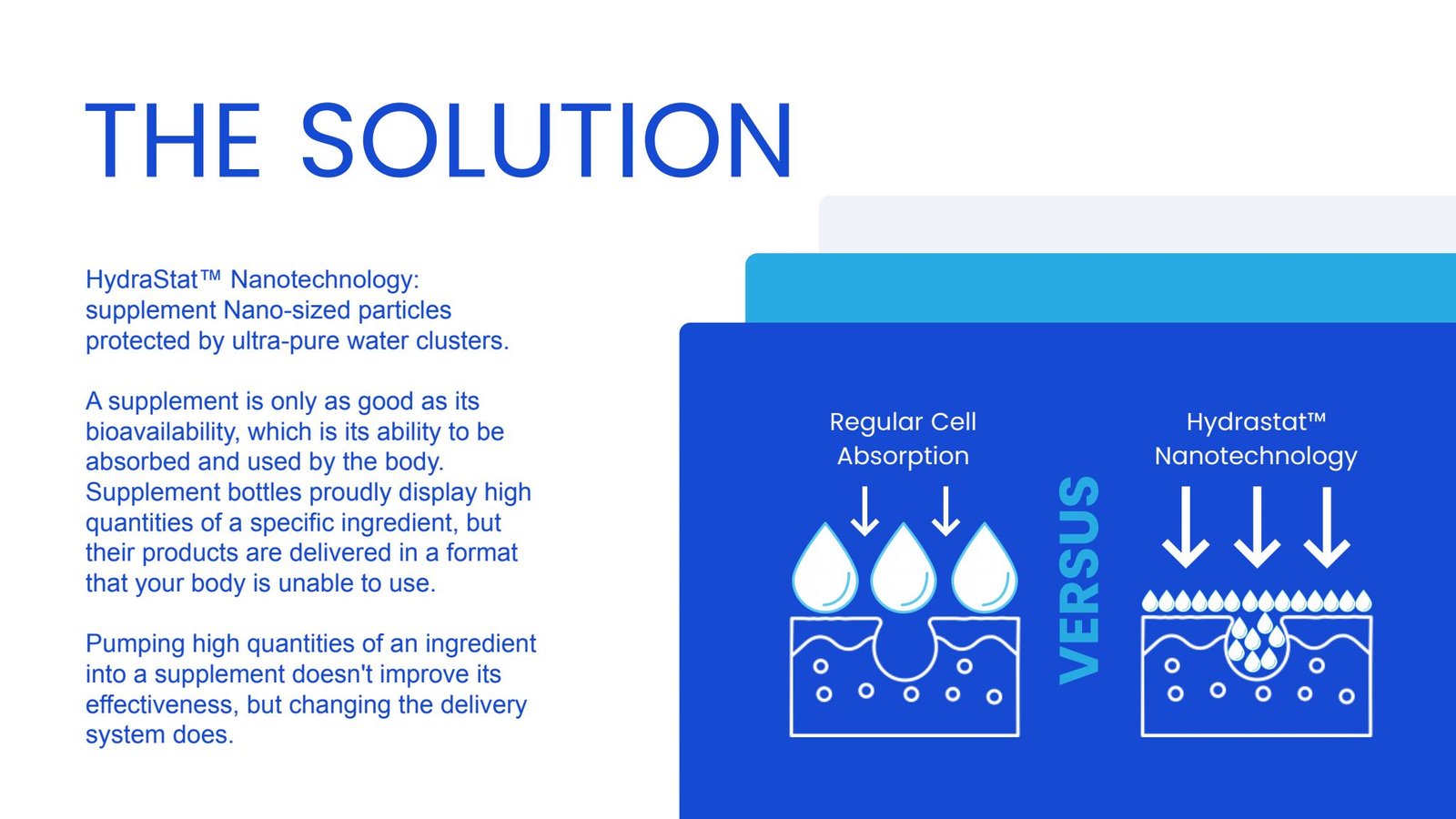Glutathione & Immune System Support/ Glutathione is a powerful antioxidant naturally produced in the body. It plays a crucial role in various physiological processes, including immune system support. Here’s how glutathione contributes to immune function:
- Antioxidant Defense: Glutathione is a potent antioxidant that helps neutralize harmful free radicals and oxidative stress in the body. By protecting immune cells from damage, glutathione supports their proper function in defending against pathogens.
- Immune Cell Function: Glutathione is essential for the proper functioning of immune cells, including T cells, B cells, and natural killer (NK) cells. These cells rely on glutathione to regulate their activity and maintain optimal function.
- Detoxification: Glutathione plays a key role in detoxifying harmful substances in the body, including environmental toxins and metabolic waste products. By supporting the liver’s detoxification pathways, glutathione indirectly enhances immune function by reducing the burden of toxins on the body.
- Inflammation Regulation: Glutathione helps modulate inflammation by regulating the production of inflammatory cytokines and signaling molecules. By maintaining a balanced inflammatory response, glutathione supports the immune system’s ability to mount an appropriate defense against pathogens without excessive inflammation.
- Cellular Defense: Glutathione protects immune cells from damage caused by toxins, infections, and other stressors. This protection ensures that immune cells remain functional and responsive to microbial threats.
- Antimicrobial Activity: Glutathione exhibits direct antimicrobial activity against certain pathogens, including bacteria, viruses, and fungi. By inhibiting the growth of these microorganisms, glutathione contributes to the body’s defense against infections.
- Immune Regulation: Glutathione helps regulate the balance between pro-inflammatory and anti-inflammatory responses, which is essential for maintaining immune homeostasis. Imbalances in immune regulation can lead to autoimmune disorders, allergies, and other immune-related conditions.
While the body naturally produces glutathione, various factors such as aging, stress, poor diet, and environmental toxins can deplete glutathione levels. In such cases, supplementation with glutathione precursors (such as N-acetylcysteine) or glutathione itself may be beneficial for supporting immune function, particularly in individuals with compromised immune systems or chronic health conditions.
It’s important to note that while glutathione supplementation may offer benefits for immune health, individual responses can vary, and it’s essential to consult with a healthcare professional before starting any new supplement regimen, especially if you have underlying health conditions or are taking medications. Additionally, maintaining a healthy lifestyle with a balanced diet, regular exercise, stress management, and adequate sleep is essential for supporting overall immune function.


